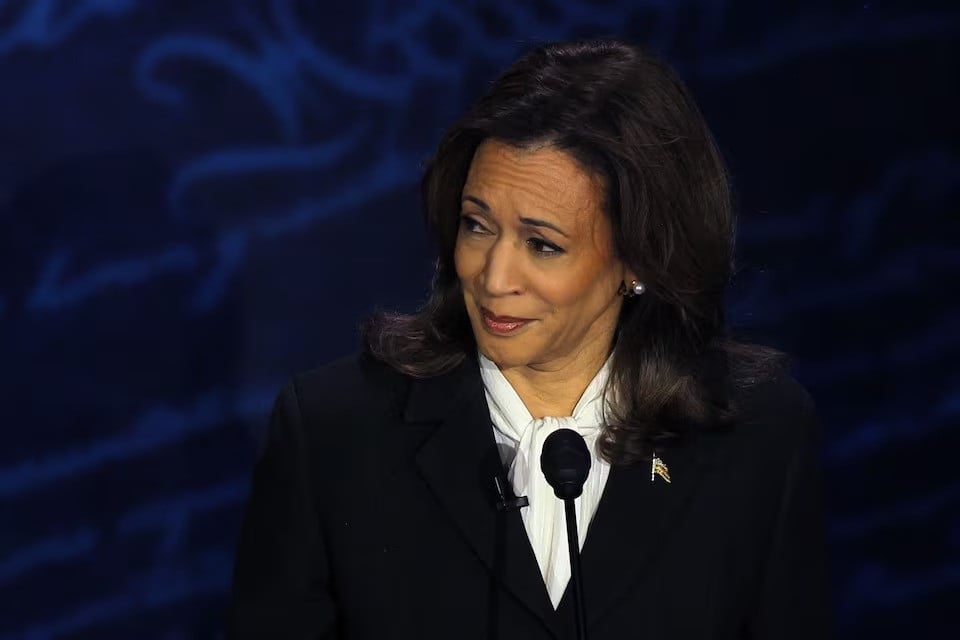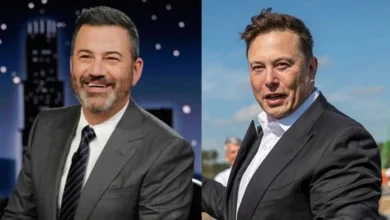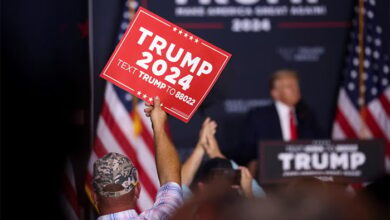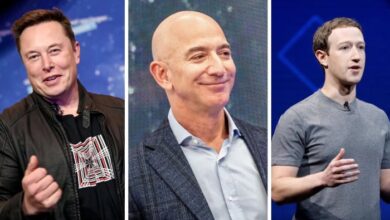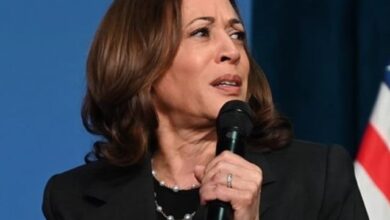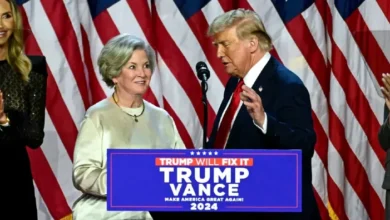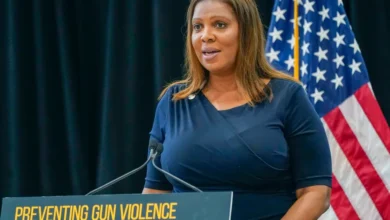The decision by Patrick Soon-Shiong, owner of the Los Angeles Times, to withhold the paper’s presidential endorsement this year has led to editorial resignations and a wave of subscription cancellations.
However, his daughter, Nika Soon-Shiong, a public activist, suggested her father’s decision stemmed from Harris’s support of Israel onslaught on Gaza.
As a family with direct experience of South African apartheid, she described the situation in Gaza as a “war on children” and stated that “genocide is the line in the sand.”
Soon-Shiong responded that Nika’s statements were personal opinions and reaffirmed her lack of influence on the paper’s editorial policies.
The move, which broke the L.A. Times’ history of endorsing Democrats for president since 2008, led to resignations within the editorial team and sparked criticism among subscribers and readers, who canceled subscriptions and circulated a staff protest letter.
Previously, the Times editorial board had planned an endorsement of Harris, citing concerns about another Trump administration, but Dr. Soon-Shiong ultimately deemed a non-endorsement appropriate to avoid deepening national divisions.
This has sparked debates over the role of media outlets in an intensely polarised political landscape.
In an interview, Soon-Shiong noted that he urged the editorial board to present a balanced analysis of both candidates instead of endorsing a single one.
He cited concerns over deepening national divisions and sought to promote dialogue, not endorse a specific stance, emphasizing the need for “airing all voices on the opinion side.”
The decision ignited controversy within the Times newsroom, with three senior editorial board members resigning in protest, including Editorials Editor Mariel Garza, who expressed frustration over the lack of clarity on the decision’s reasoning.
In her resignation, she remarked that the Times’ silence on the endorsement contradicted the supposed mission of standing up against violence and injustice.
The Times is not alone in this reversal of precedent.
The Washington Post, also owned by a billionaire, Jeff Bezos, announced that it will not endorse a presidential candidate, marking a significant departure from its historical position.
Since its first endorsement in 1976, the Post has consistently backed a candidate in every election, most recently supporting Joe Biden in 2020.
Publisher Will Lewis explained that the change was part of a “return to roots,” framing the decision as upholding journalistic independence and promoting a space for readers to form their own opinions.
The decision has sparked internal tensions at the Post, with former Executive Editor Marty Baron condemning the move as a “cowardly” abdication of responsibility, especially in a high-stakes election cycle.
This departure from endorsement traditions by two prominent media outlets highlights the mounting challenges facing news organizations amid global conflicts and rising political polarization.
Dr. Soon-Shiong’s stance reflects a broader trend, with other media giants, like The Washington Post, also opting out of endorsing any candidate in 2024.
In an internal memo, Post CEO Will Lewis underscored the decision to end presidential endorsements, a practice dating back decades, as a commitment to neutrality amid heightened political tensions.
Speculations over the L.A. Times decision have surfaced, with some critics suggesting that Dr. Soon-Shiong may be seeking favor from both major political sides, given his previous interactions with former President Trump.
However, he dismissed such theories, reaffirming his stance as an independent voice.
The controversy reflects a shift in media endorsements amid a contentious election season, with Harris’s opponents seizing on the Times’ neutrality.
Republican candidate Donald Trump’s campaign quickly labeled the decision a “humiliating blow,” asserting that the lack of endorsement demonstrated Harris’s weakness in her home state.

